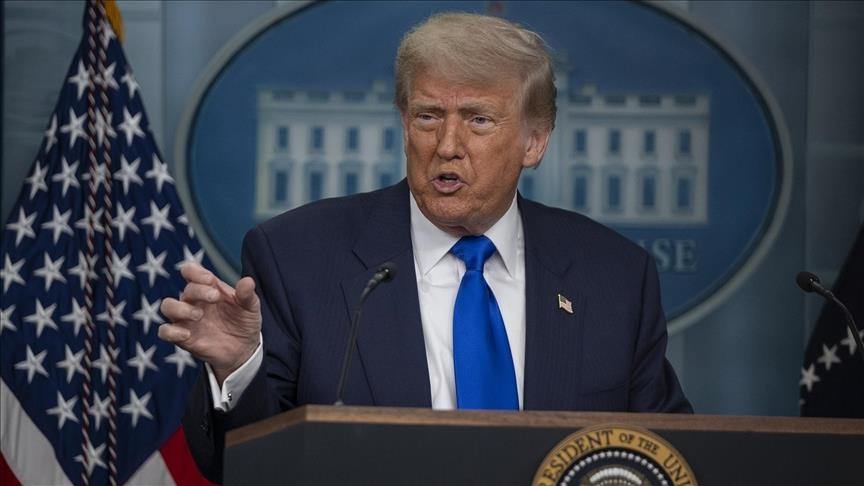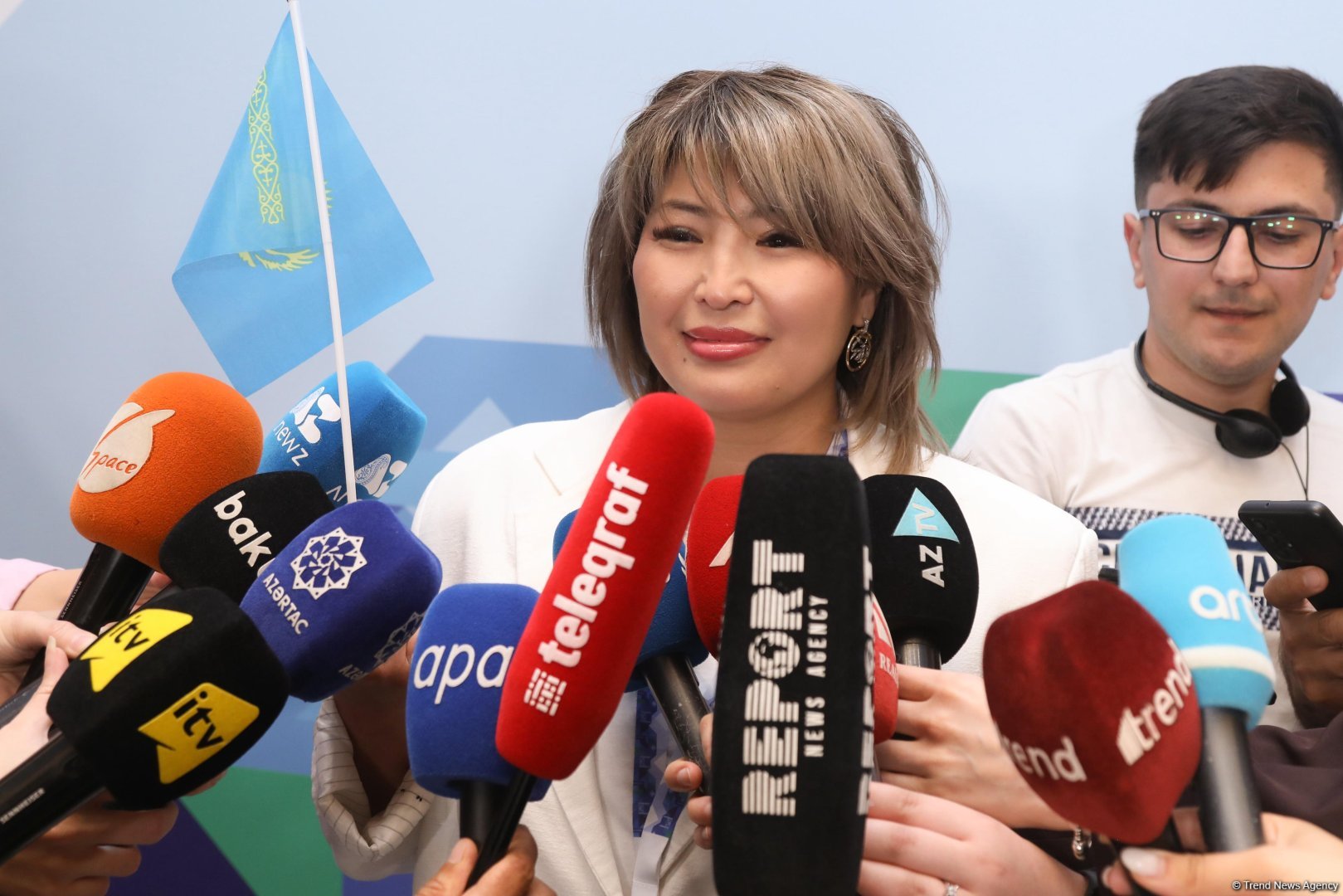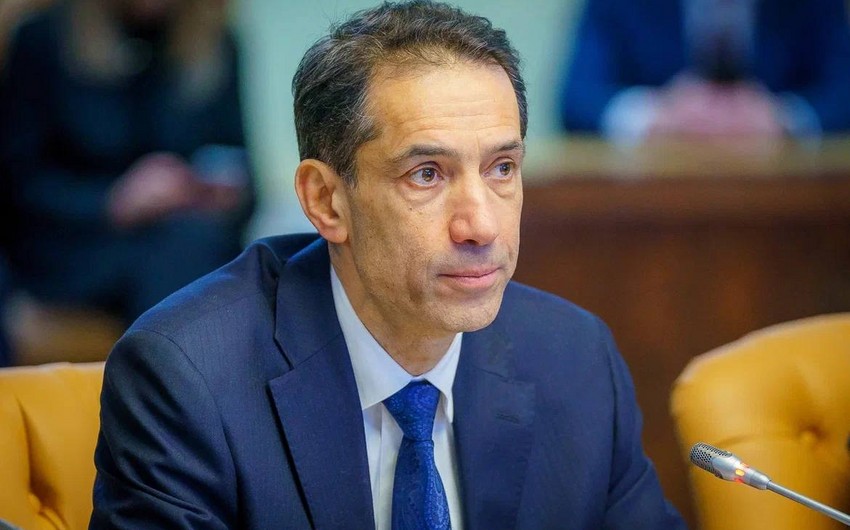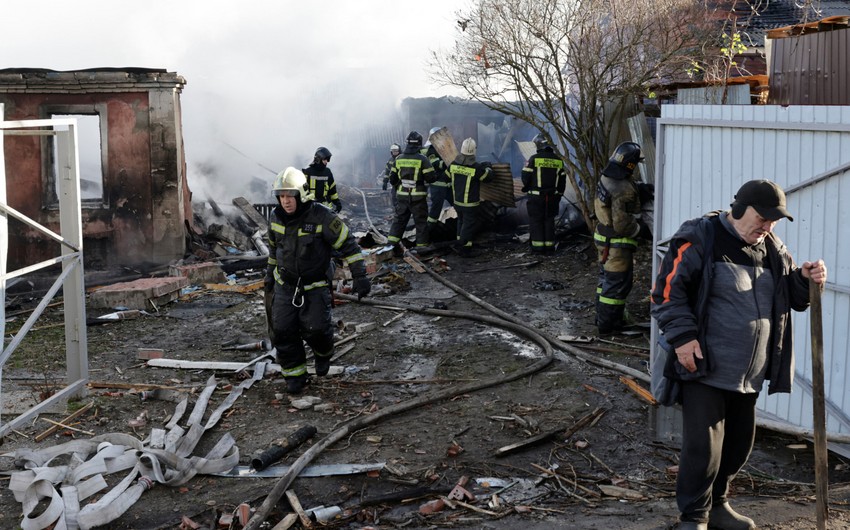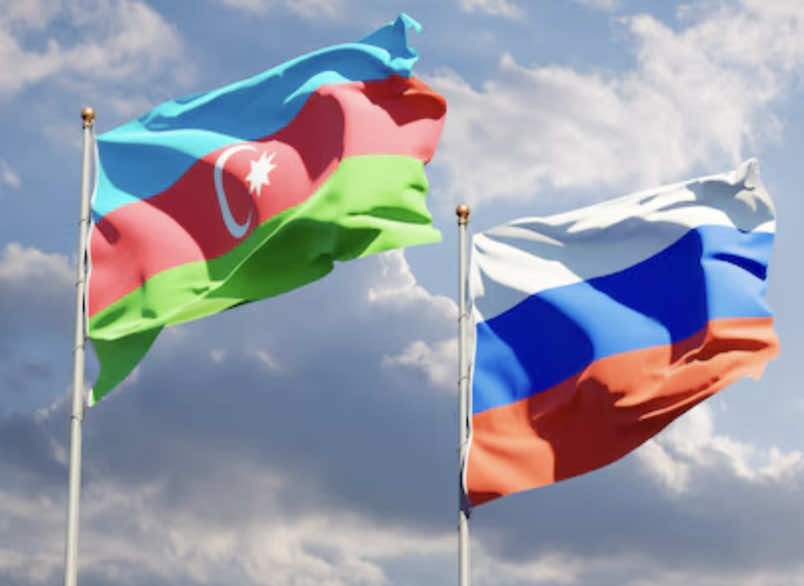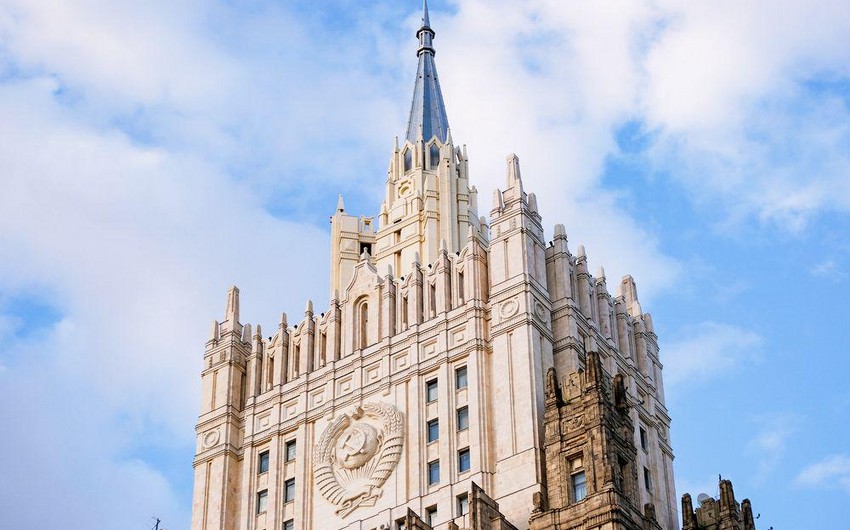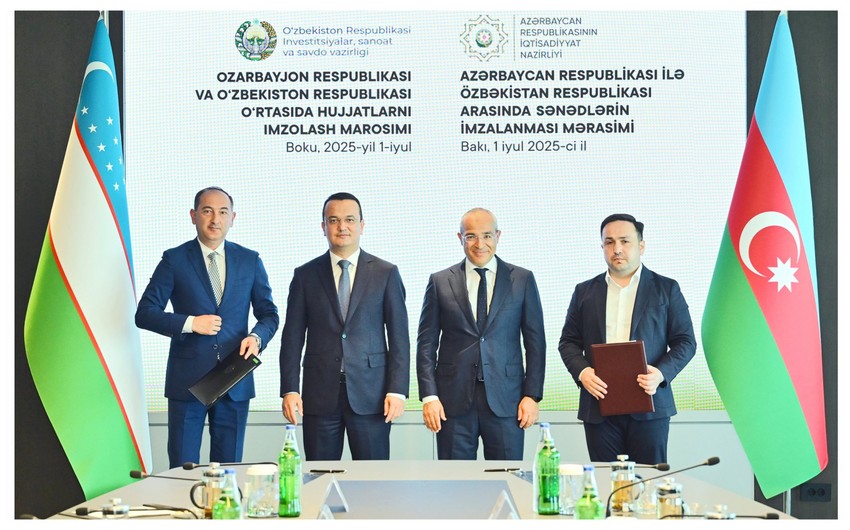Prime Minister Nikol Pashinyan faces mounting pressure to pursue a peace treaty with Azerbaijan. This sentiment emerges amidst reports of Russian authorities agreeing to withdraw their units from regions bordering Armenia with Azerbaijan, a move prompted by Pashinyan's urgent appeal to Russian President Putin for assistance during Azerbaijan's 44-day war advance.
As a Moldovan historian and political analyst, Ruslan Shevchenko shared insights with Ednews, dissecting Armenia's evolving regional dynamics. Shevchenko highlighted Pashinyan's strategic shift away from the Collective Security Treaty Organization (CSTO) during the 2020 war and a concerted effort to strengthen ties with the West as pivotal factors reshaping Armenia's alliances. Consequently, Russian troops stationed in Armenia transitioned from a defense against Azerbaijani incursions to a perceived internal threat, prompting Pashinyan's plea for their withdrawal.
Despite ongoing tensions, Shevchenko underscored the strategic imperative for Russian troops to remain along Armenia's borders with Turkey and Iran, serving as a buffer against potential threats. However, the prospect of a peace agreement with Azerbaijan could render such deployments unnecessary along the Turkish border.
As Armenia grapples with internal unrest, including recent opposition uprisings in Yerevan, questions loom regarding the nation's future trajectory. Shevchenko elucidated Russia's efforts to maintain influence through pro-Russian factions within Armenia, notably leveraging figures like former President Robert Kocharyan. The push for a peace treaty with Azerbaijan, albeit contentious, holds transformative potential for Armenia, potentially paving the way for normalized relations with Turkey and regional stability.
Amidst escalating tensions and internal discord, Armenia stands at a crossroads, where strategic decisions by its leadership could reshape the nation's geopolitical landscape. Stay tuned for further developments as Armenia navigates its path forward in a volatile region.


